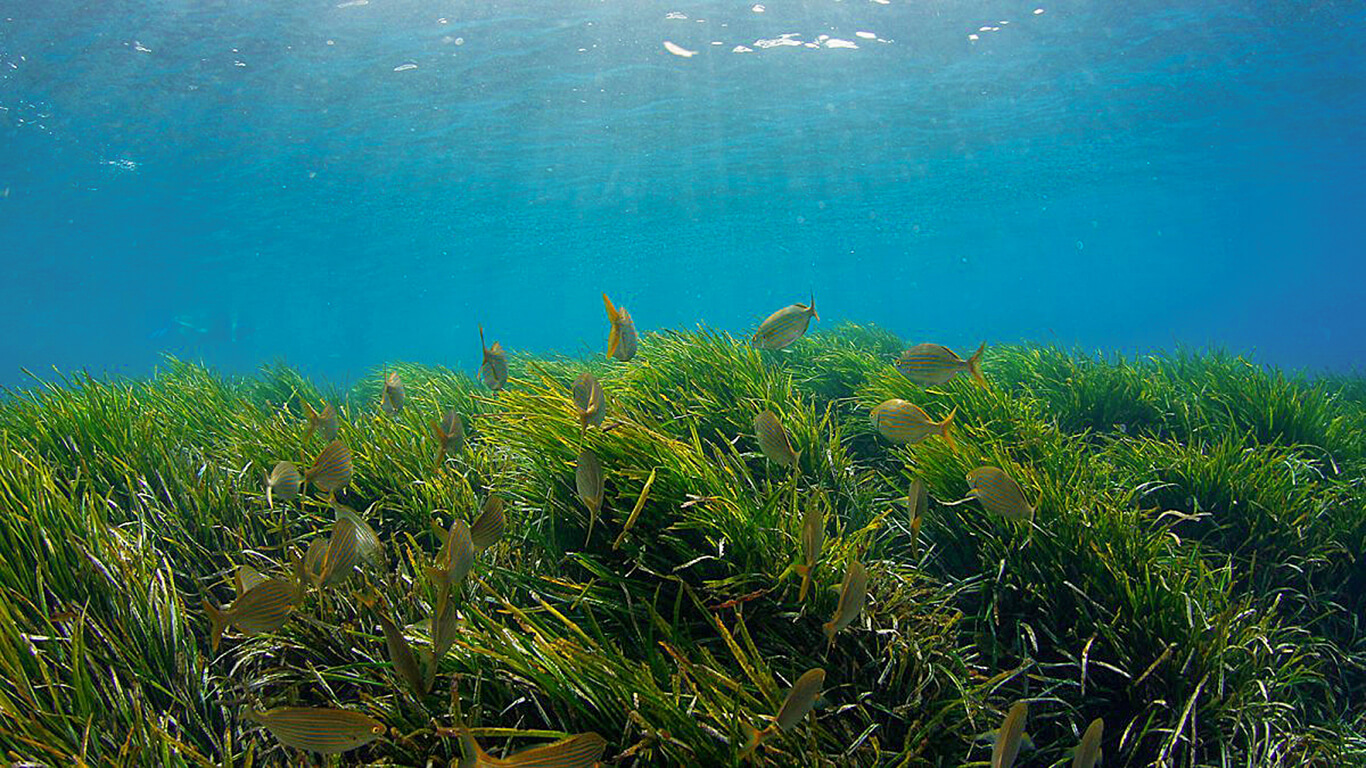
The United Kingdom launched its largest seagrass restoration project early this April 2021, which aims to plant eight hectares of biodiversity-rich seagrass beds off the south coast: four in Plymouth Sound and four in the Solent Special Marine Conservation Area. Ships loaded with sandbags containing seagrass seeds departed from the south coast, beginning in mid-April 2021. The gardeners from the Ocean Conservation Trust (OCT) will be leaving the bags with seeds on the seabed. After some time, the seeds from within will break through the canvas and recolonize the ocean floor.

According to experts, this would be a miracle of the underwater world, considering that seagrass isolates carbon 35 times faster than a rainforest. It also provides a haven for various marine creatures on Earth – enigmatic seahorses are among those found sheltering in the swinging leaves. In recent times the UK’s seagrass beds have disappeared at a staggering rate. According to some estimates, the country has lost more than 90 percent of them in the last century. Therefore, this project estimates that it could provide habitat for 160,000 fish, including seahorses and 200 million invertebrates. It is also expected to provide a habitat for many of the species we eat, such as cod, plaice, and haddock.
A Community Endeavor
The project has been powered by local volunteers, who helped bag the seeds at the National Marine Aquarium in Plymouth. Mark Parry, the development officer for the Ocean Conservation Trust, says, “It’s amazing to see the support from local communities supporting habitats for our coastal animal communities, a very proud moment.” The Plymouth City Council said the seagrass restoration project would support its ambition to create a national marine park. This project seeks to change the course of the endangered ecosystems caused due to pollution, dredging, and bottom trawling, which makes it a conservation initiative and a step towards sustainable development.